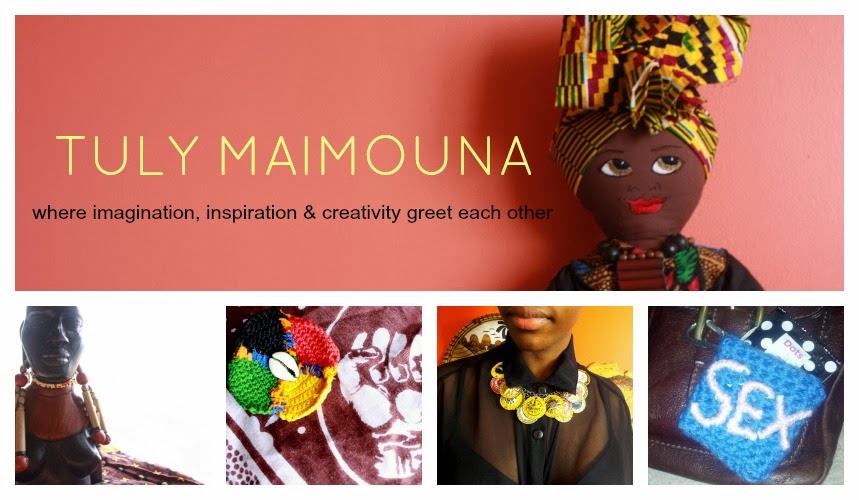I feel conflicted. Mwalimu Julius K. Nyerere, visionary and former president of the United Republic of Tanzania in his 1983 speech stated that he was 'tired of being told that Tanzania's present condition arises out of our own mistakes of policy, our own inefficiency and our own over-ambition - that Africa's present condition is the result of African incompetence, venality or general inferiority in capacity, and being told that the solution to our problems is an agreement with the International Monetary Fund (IMF), despite the severity of the terms which can be obtained, followed by the single minded pursuit of private investment"
I completely agree with his sentiment, it is far too easy to blame the existing conditions of African countries solely on despotism, nepotism or political corruption. It is a surface level and simplistic analysis of issues that have deep historical roots. Yet still I remain conflicted. The evident regression of Tanzania in the past 15 years since Mwalimu Nyerere's passing I had to ask myself, how much responsibility does a democratically elected head of state hold when the trajectories established by former leaders are completely diminished? How have leaders gone from ambitious visionaries like former President Kwame Nkrumah of Ghana who called for the African Peoples Congress Organization meeting in 1958 reflecting and promoting geographical unity (Nyerere, 1974). Leaders who believed in regional, national and intercontinental trade, founders of the East African Federation, leaders who believed in disaporic cooperation from the Pan-African Congress to the Organization of African Unity (OAU)? To ending up with leaders like Jacob Zuma the current president of South Africa, who recently raped a woman and justified it by saying she was wearing a short skirt. Or the Kenyan African National Union (KANU) the former Moi regime who in 1996 allocated over half of the public Karura forest located in Nairobi for logging, to raise funds for his 1997 re-election (Njeru, 2010). Uprooting, displacing and destroying the livelihoods of thousands of people. In short what has happened to positive government leadership that people can believe in? So in the passing of Mzee Madiba Mandela, I felt worried. Has the passion and insight died along with the first African leaders of independent African nations? Have we lost the fundamental unity required for liberation? What has happened to the models of African liberation and African liberation movements our fathers and mothers of passed generations fought, suffered or died unflinchingly for?
Like I said I feel conflicted, because the answers are not clear. Who is to blame? Or does it even matter? What I admired about Mandela, Nyerere and others was that their dialogue was not around who was to blame, but how we can move forward together. Investing in alternative models of political and economic development like the Arusha Declaration on Socialism and Self-Reliance or Rainbow Nation. If anything I hope that action oriented dialogues will persist with African leaders, that there will be an emergence of those who do not talk but live what they believe. I see glimmers of hope. Like the recent establishment of the East African Community's (EAC) Monetary Union, where Kenya, Uganda, Tanzania, Rwanda and Burundi hope to merge currencies over the next 10 years and create a central bank to wean countries off foreign aid, and promoting south-south cooperation. I see grassroots organizations mobilizing people around the foundations of liberation that have not been taken up by existing governments. Unity is being taken up in varying shapes and forms in different capacities, and so I am also hopeful.
I decided to make this flower to represent my confliction, worry and hope as well as to acknowledge those fallen, lost, found, uplifted or caught between the challenges and successes of liberation. Red for the blood that unites us, the blood spilled and lost. Green for the rich land. Black for the people who belong to the land, and yellow for the characteristic and ever persistent sun that gives life. To the people past and present who participate in Africa's liberation from colonialism, oppression and racism, and for so humbly cooperating in laying down the foundations, supporting and believing in human liberation this is for you. Furthermore, to the people who never got recognition, farewell memorials, statues erected in their honor, medals, government compensation or even a thank you for taking up arms or non-violence because they believed in the independence, autonomy, freedom, dignity and unity for Africa I pay my respects.
Smiles :)
Tuly Maimouna


No comments:
Post a Comment